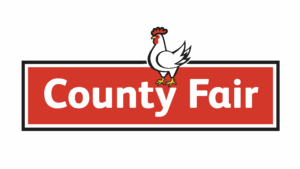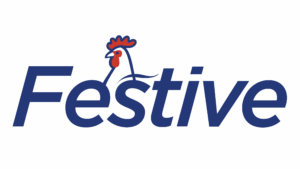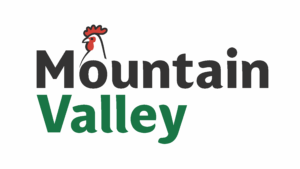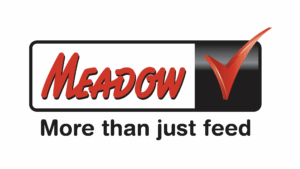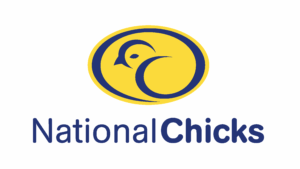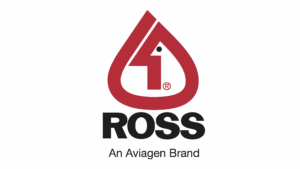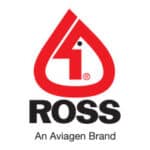
Corporate Governance
We strive to create superior levels of performance for the benefit of all our stakeholders by following a framework of good corporate governance.
Our corporate governance practices are sound, meeting all applicable rules and regulations, such as the King IV™ Report and the Listings Requirements. We are aware of the Public Investment Corporation’s proxy voting policy and Code for Responsible Investing in South Africa 2011, and have implemented measures to comply with these requirements as far as possible.
The King IV™ Principles are the foundation of our corporate governance framework, and we remain committed to supporting the leading practices set out in the Code. In addition to this, the ESG Committee highlights our commitment to supporting all aspects of ESG – not least because good governance is key in ensuring that we continue operating as a sustainable business.
Read the full Astral Foods Corporate Governance report.
download Tip-Offs Anonymous Access to info and documents
